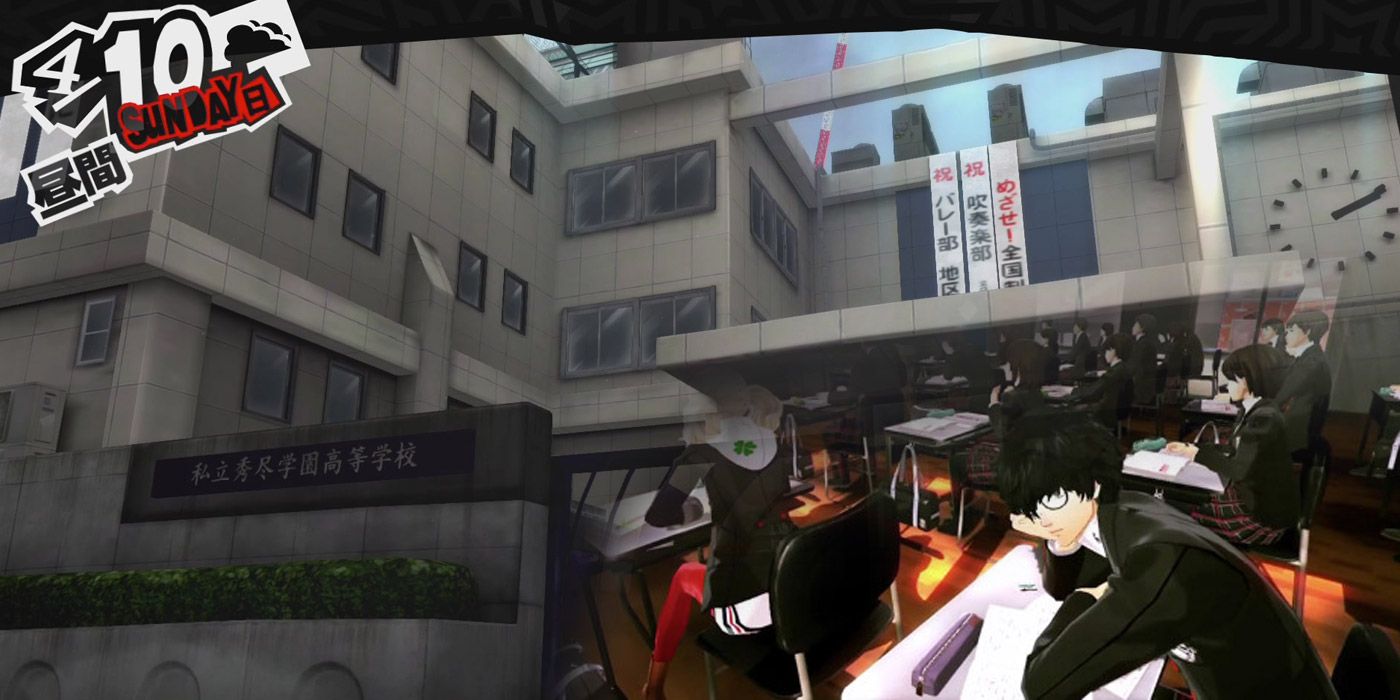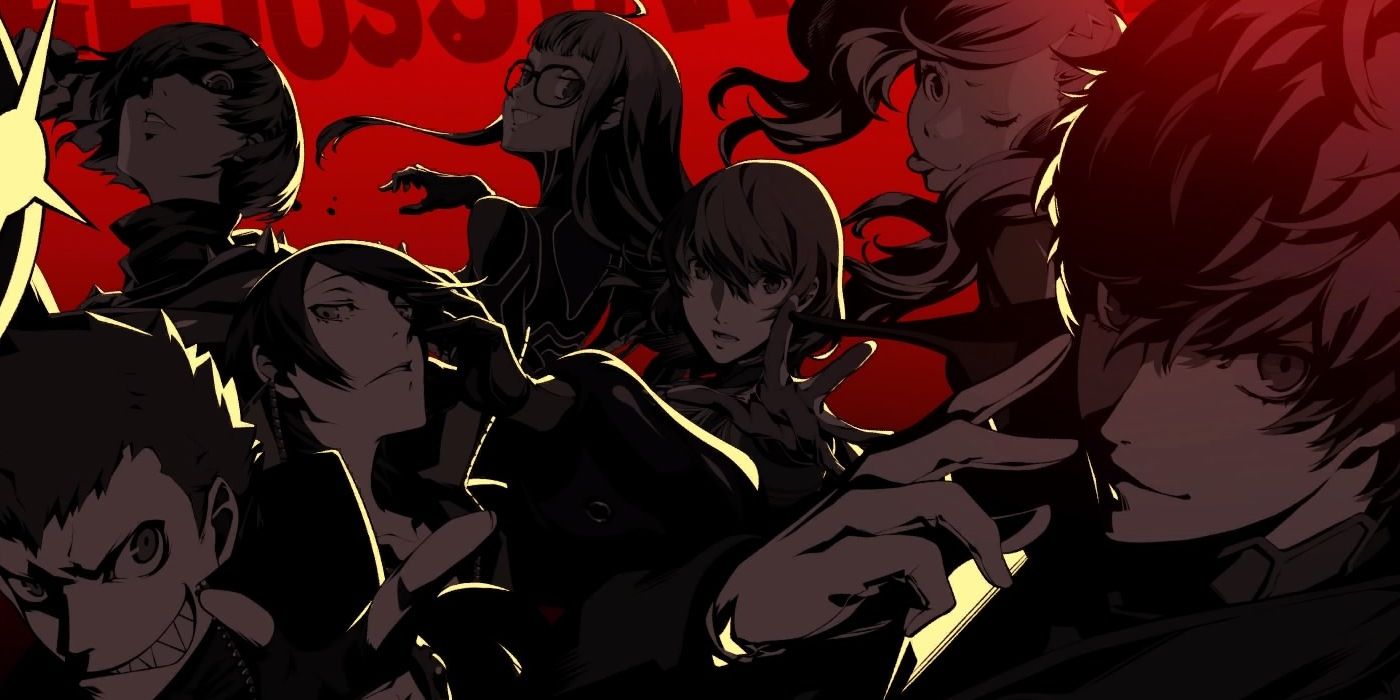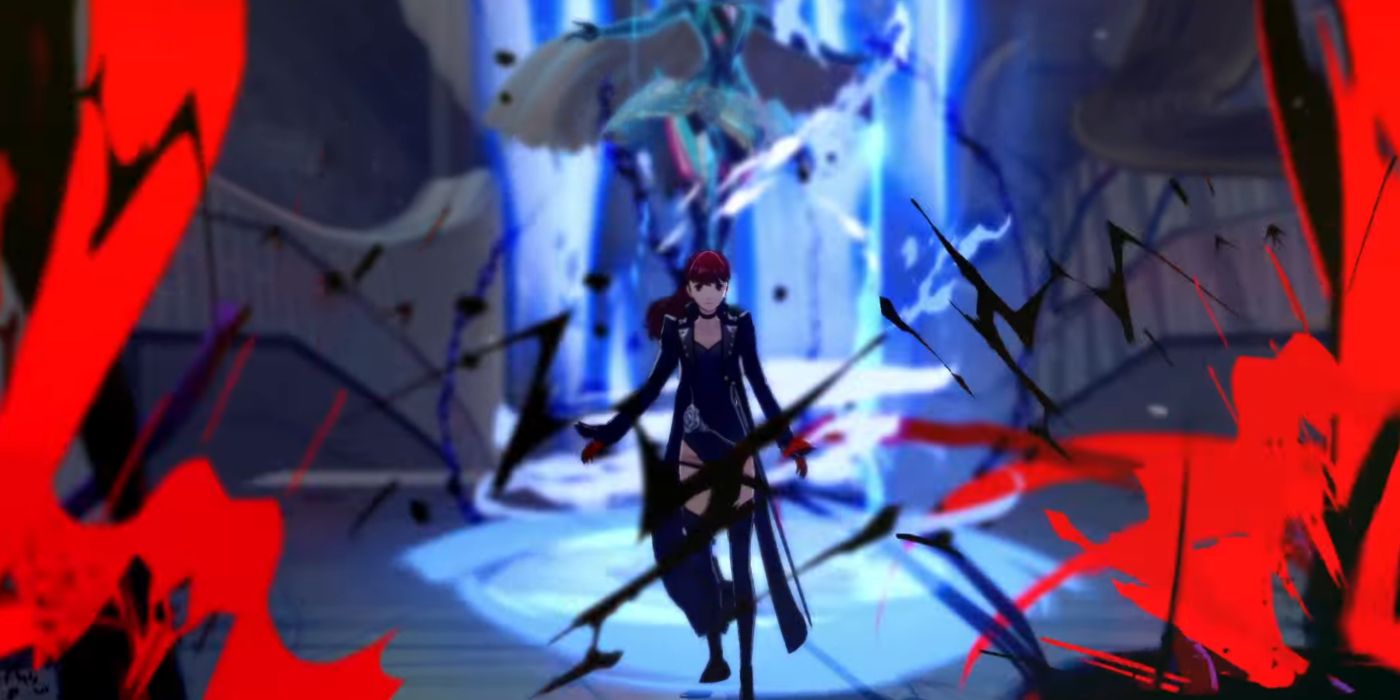The Persona franchise has never been childish. In many ways, Atlus' explorations of high schoolers trying to balance relationships, studies, and extra-curricular heroism are some of the most sophisticated examinations of adolescence in video games. Its imagery is aggressively provocative, its themes are transgressive, and the relationships that serve as the games' focal point are informed by the sort of problems and moral dilemmas people face in the real world. Persona tells mature stories that appeal to teenagers and adults alike.
That said, more recent entries in the series, and Persona 5 in particular, seem to be actively straining against the series' traditional high school setting, with relationships and plot-lines reaching toward young adulthood and beyond. And now that Persona 5 Royal's record-breaking sales have catapulted the series into greater international prominence than any preceding entry, Persona 6 has a golden opportunity to take the next great step forward for the franchise.
Nothing about the series' sixth installment has been announced to date, though after the tremendous success of Royal and the Steam release of Persona 4: Golden, there is no doubt that another game is in development and will be announced eventually. There are numerous ways the Persona series can grow and evolve, but shaking up the game's staid-age bracket seems like an unexpected but welcome way to keep things fresh, especially since the high school frame narrative already appears to be wearing thin.
Growing Pains
While Persona 5's confidants' storylines vary in quality, most of the Phantom Thieves' narratives seem more at home in a game focused on college students rather than high school kids. Ann's story, framed by Kamoshida's abuse and Shiho's attempted suicide, is sadly plausible in high school, but the same situation could be conveyed in college or a workplace without losing any impact. And as her social link develops, her story's focus shifts towards her burgeoning modeling career rather than high school worries.
From his introduction, Yusuke is treated less as a high school student and more as a young professional victimized by plagiarism who must navigate the pitfalls of the art world. And out of all the Phantom Thieves, Haru's link may be the most mature, as she must contend with the pressures of a pernicious arranged marriage and the responsibilities of becoming heiress to a multinational corporation.
The real narrative strain on the high school dynamic is evident in the protagonist's interactions with the primarily adult supporting cast, however. The game's collection of damaged and disgraced grown-ups quickly come to treat the lead as an equal, and in many cases—depending on the player's choices—a lover. Admittedly, this is part of a larger, meta-level issue, stemming from the Persona franchise's problematic "pseudo-silent protagonist" trope, and the fiction's central "wild card" conceit, which encourages the player to avoid restrictive character consistency at their convenience. But as it stands, one gets the sense that the game wants to have it both ways—the familiar school-day schedule that structures the mechanics and the unfettered freedom to engage in adult relationships.
It must be acknowledged: Persona 5 takes those tensions and makes them work. The game's director, Katsura Hashino, leans into those caught-in-between, morally gray areas to tell a powerful story about people who have been marginalized as rule-breakers and outsiders. But having told that story, and four other stories in similar settings, what does high school have left to offer?
Time to Graduate
The easiest answer for aging up characters is also the most conservative: college. A university setting would still require students to attend classes, providing the same basic framework for the game's crucial emphasis on time management and self-improvement. But it also presents several exciting new prospects.
Players could take a more active role in setting their schedule by declaring a major or course of study, resulting in more pronounced differences in a game that is designed with multiple play-throughs in mind. This could shuffle the order that players encounter confidants, or the stats necessary to pursue certain activities. The age-up would also give Persona an opportunity to improve on the franchise's romance system, which is a primary feature that is starting to show its age. But ultimately, going to college seems like small thinking.
Even though the conceit was dropped fairly early in the game's development, Hashino originally wanted Persona 5 to be about a road trip. This premise becomes much more workable if the protagonist is an autonomous adult, either traveling as part of their job, or merely taking time off after graduation. While the latter trend is much rarer in Japan than it is in the west, indulging in wanderlust before settling into a career is not unheard of, and it would be an excellent opportunity for Hashino to explore his "journey of self-discovery" concept.
An even bolder solution, however, would be for the franchise to embrace full-on adulthood with all the responsibilities that entails, like an occupation, bills, and perhaps even a family. It would be an undeniably risky play—a move on par with Hashino's radical re-imagining of the Persona franchise with the series' third installment, which set the example for every game in the series since. It is so risky, in fact, that Hashino may not be the right director for the next game, if such changes are to be made. Then again, Catherine demonstrated Hashino is not afraid of trying something completely different, and is fully capable of directing narratives explicitly intended for grown-up audiences.
No matter who helms the game, telling a story that transcends anime high school tropes will allow the franchise to become something bigger than what it is now.
Arrested Development
Another game set in high school wouldn't kill the series by any means, especially if Persona 6 sees a faster release date than it's forerunners, as the franchise's near-decade long development cycle between titles currently poses the greatest threat to its own success. But another game set in school would have to pull off a staggering coup to escape Persona 5's shadow. No matter how well executed another high school title would be, players would be hard pressed to shake the feeling that something more creative was left on the table.
Persona 5 Royal is available now for PlayStation 4. Persona 6 has yet to be announced.



